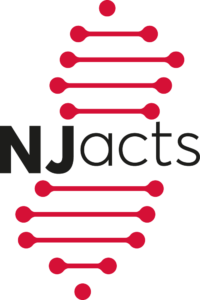 Please read Dr. Crystal’s article in AIDS and Behavior titled, “Twelve-Month Retention in Opioid Agonist Treatment for Opioid Use Disorder Among Patients With and Without HIV.“
Please read Dr. Crystal’s article in AIDS and Behavior titled, “Twelve-Month Retention in Opioid Agonist Treatment for Opioid Use Disorder Among Patients With and Without HIV.“
Although opioid agonist therapy (OAT) is associated with positive health outcomes, including improved HIV management, long-term retention in OAT remains low among patients with opioid use disorder (OUD). Using data from the Veterans Aging Cohort Study (VACS), we identify variables independently associated with OAT retention overall and by HIV status. Among 7,334 patients with OUD, 13.7% initiated OAT, and 27.8% were retained 12-months later. Likelihood of initiation and retention did not vary by HIV status. Variables associated with improved likelihood of retention included receiving buprenorphine (relative to methadone), receiving both buprenorphine and methadone at some point over the 12-month period, or diagnosis of HCV. History of homelessness was associated with a lower likelihood of retention. Predictors of retention were largely distinct between patients with HIV and patients without HIV. Findings highlight the need for clinical, systems, and research initiatives to better understand and improve OAT retention. To read the full article.
Twelve-Month Retention in Opioid Agonist Treatment for Opioid Use Disorder Among Patients With and Without HIV. Wyse JJ, McGinnis KA, Edelman EJ, Gordon AJ, Manhapra A, Fiellin DA, Moore BA, Korthuis PT, Kennedy AJ, Oldfield BJ, Gaither JR, Gordon KS, Skanderson M, Barry DT, Bryant K, Crystal S, Justice AC, Kraemer KL.AIDS Behav. 2021 Sep 8. PMID: 34495424 DOI: 1007/s10461-021-03452-0 Online ahead of print.
